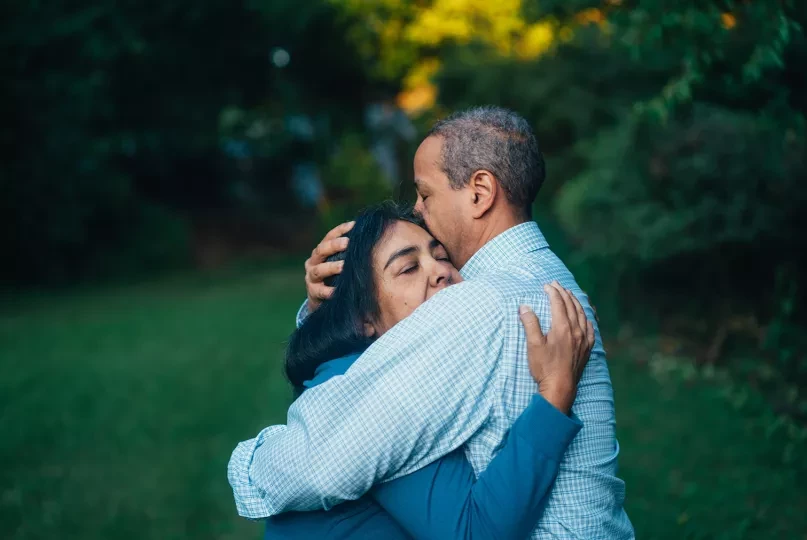Addiction and families: The desire for normalcy

“Need help with helping my son.”
“Understand how we can help and deal with her addiction...”
“Gain an understanding of how to support my person of concern.”
“Less worry about son’s health.”
These are the goals a few loved one members have shared before their first peer coaching session.
Most often, these goals involve the person in their life who’s struggling with addiction. But another good portion of the responses show us that loved ones simply wish their family was healthy. They want to feel well themselves; they want to feel normal again.
“Not to have a nervous breakdown.”
“To find some peace.”
“To be free of guilt.”
“To have a healthy, functional family.”
The typical advice given to loved ones – “cut them off,” “stop enabling,” “detach” – can be detrimental to a family’s overall wellness. These responses don’t validate the struggle of loved ones, or empower them to continue helping whoever they’re concerned about.
When we look at the goals above, we know loved ones want to find healthy ways to support someone in their lives with addiction. Most often, they don’t want to give up on their family member. They just need help helping.
“Learn how to support without being consumed by the problem.”
“To remain healthy. To support/encourage my LO to regain health.”
“To be mentally and emotionally stronger for my family and for him.”
“To be supportive in her efforts to realize lasting sobriety…”
We want loved ones to know that’s okay. It’s not wrong to keep hoping, helping and loving.
Loved ones, like people working to overcome addiction, need to feel understood and supported. If you’ve had any of these thoughts, or you’re looking for a better way to help someone with addiction, we’re here for you.
